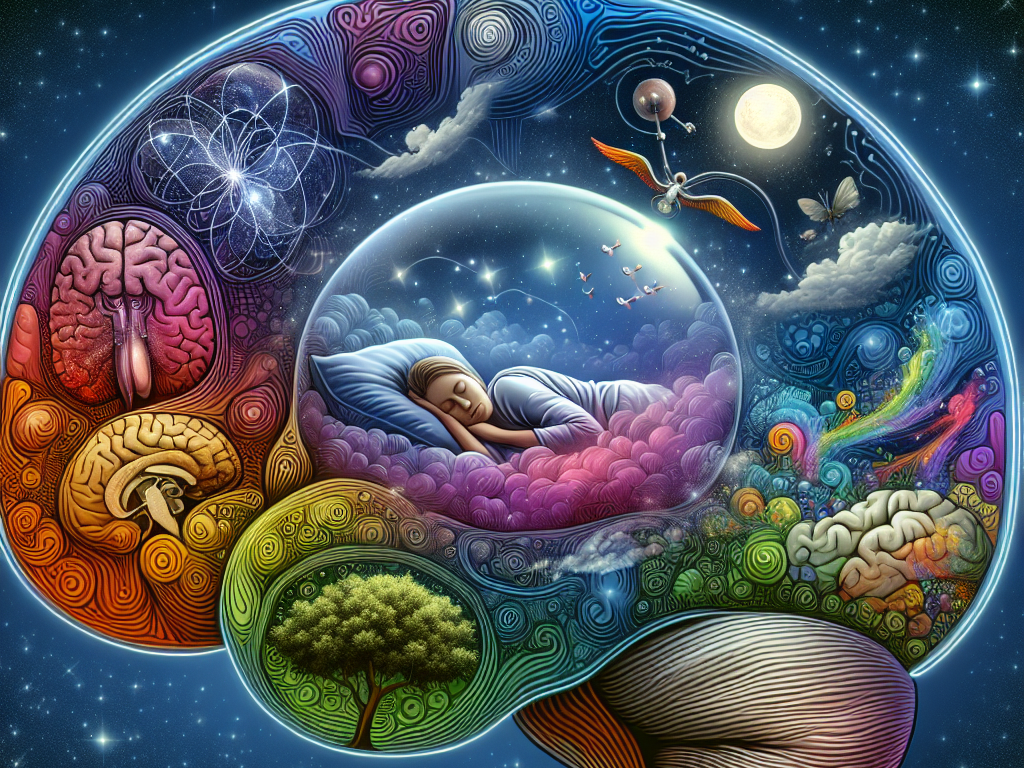
It's no secret that Lucid Dreaming is getting more popular by the day – and not only by the sheer number of people who practice the art. Conscious dreaming has also been seeing much more scientific research as of late. One can only imagine what the world of Lucid Dreams will look like in the future.
While the concept is not yet very well understood, many people consider it a mysterious phenomenon. Why is that? Let's discuss some of the reasons.
- It feels other-worldly
If you have ever had a Lucid Dream, then you know exactly what we're talking about. Many experiences inside a conscious dream feel surreal. Everything feels different, looks different, tastes different. It's as if you've been transported into an alternate universe where the regular everyday rules do not apply.
You can fly and teleport, breathe underwater and lift mountains of steel, create things on demand, and disperse them immediately. Time and space slowly lose meaning as clocks run wild, and walls are no longer an obstacle. While the experience is fun, and you can do many things you wouldn't be able to in the real world, it may feel mysterious, too, when you finally wake up.
- It provides invaluable insight
Often dreams can be viewed as windows into the unconscious mind. They reveal our inner hopes, passions, and fears. Pair that up with conscious control, and you've gained access to a controlled conversation with your own psyche.
Inside a Lucid Dream, you can ask various creatures what they represent, and you'll get a straight answer. You can also ask direct questions about what you ought to do to make your life better in one regard or another. It's hard to pin down where the answers come from exactly. And if you already knew them yourself, how come you didn't know that you knew them?
The experience can feel very mysterious – and for a good reason.
- It's not well understood
While many people may regard Lucid Dreaming as mysterious because of their experiences, others find it difficult even to take the concept seriously – especially if they haven't had one themselves. That's why they disregard the phenomenon, deeming it worthless if not harmful. They'll point fingers at sleep paralysis or traumatic events as frequent companions to conscious dreaming.
As Lucid Dreaming is not easy to study scientifically, hardcore scientists may even compare the concept to horoscopes or the paranormal, polluting the public's minds by associating conscious dreaming with a fearful mystery. In reality, that couldn't be further from the truth.
As we progress forward in both understanding Lucid Dreaming better and teaching many more people how to do it, the mysterious aura surrounding the concept may fade away. For now, it doesn't matter whether some people (even dreamers themselves) find the phenomenon mysterious or other-worldly. It's best to enjoy and learn from it as much as we can.
Good luck, Dreamer!


.png)

